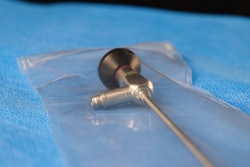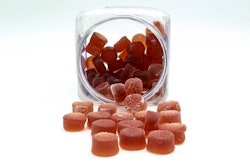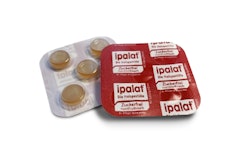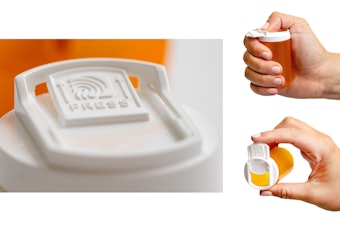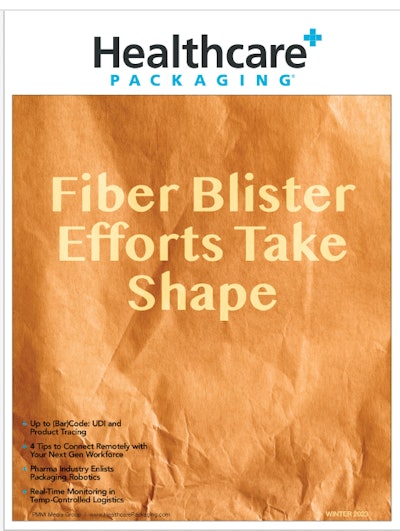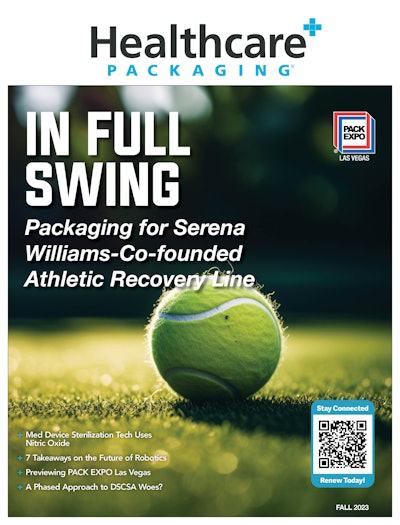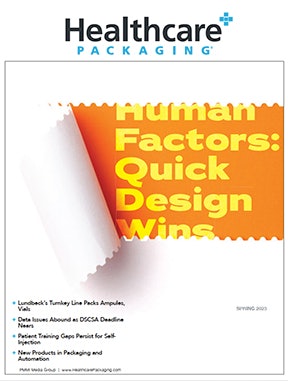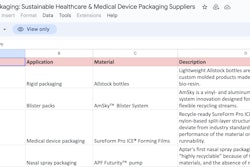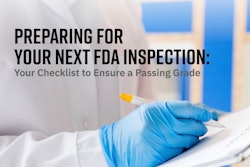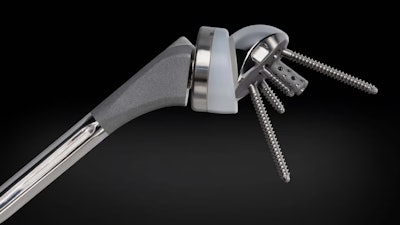
A recent Fierce Biotech article reported on an FDA safety notice regarding possible risks linked to certain shoulder joint replacement implants that are meant to relieve pain, discomfort, and lack of mobility caused by various forms of arthritis or injuries to the shoulder area.
The Equinoxe Shoulder System by Exactech is one such joint replacement that has been sold in the U.S. since 2004. However, according to the FDA, Equinoxe devices sold until August 2021 were packaged in defective bags.
“The defective bags used to package the Equinoxe Shoulder System devices were missing one of the oxygen barrier layers that protect the devices from oxidation, a chemical reaction with oxygen that can degrade plastic components over time. Oxidation can lead to faster device wear or failure, and device component cracking or fracture,” says the FDA security alert.
This could result in patients with the joint replacement to require further surgeries to replace or correct the damaged implanted device. The FDA is recommending patients look out for any new or worsening pain or swelling, inability to use their arm, grinding or other noise, or weakness around the implanted device, and to contact their healthcare providers if they begin experiencing such symptoms.
Healthcare providers are recommended to stop implanting Equinoxe systems that were packaged in the defective bags and to monitor patients implanted with affected devices. Doctors should also consider performing X-rays to further evaluate patients and their implanted devices if the doctor suspects a failed device.
Though the safety alert noted that Exactech has declined to initiate a voluntary recall, the FDA is continuing to work with the company to review information on product safety and effectiveness and evaluate risks for all Exactech implants. The same defective packaging issue was found for other devices by the company which led to voluntary recalls in 2021 and 2022.
Exactech research has concluded that revision rates for the devices are largely consistent with all-cause revision rates for all shoulder joint replacement systems in both the U.K. and Australia. The only exception being an anatomic total shoulder case in Australia, in which the Equinoxe devices were associated with a heightened risk of revision after 1.5 years.
Further research by the company claims that among the more than “4,000 aTSA Equinoxe patients in the U.S. and Europe, only 18 experienced “some notation of polyethylene wear, osteolysis, or massive bone loss” between late 2004 and last July, adding up to an occurrence rate of 0.41%. Among more than 11,000 rTSA patients, meanwhile, the rate fell to 0.07%, with just eight reported occurrences,” according to the Fierce Biotech article.
Exactech also obtained results on the oxidation issue through an independent lab that performed oxidation testing on the defective bags. The lab’s conclusion was that after the devices’ listed five-year shelf life, those packaged in the defective bags registered a maximum oxidation index of 0.7, which is below the 1.0 threshold linked to negative mechanical impacts, says the company.


